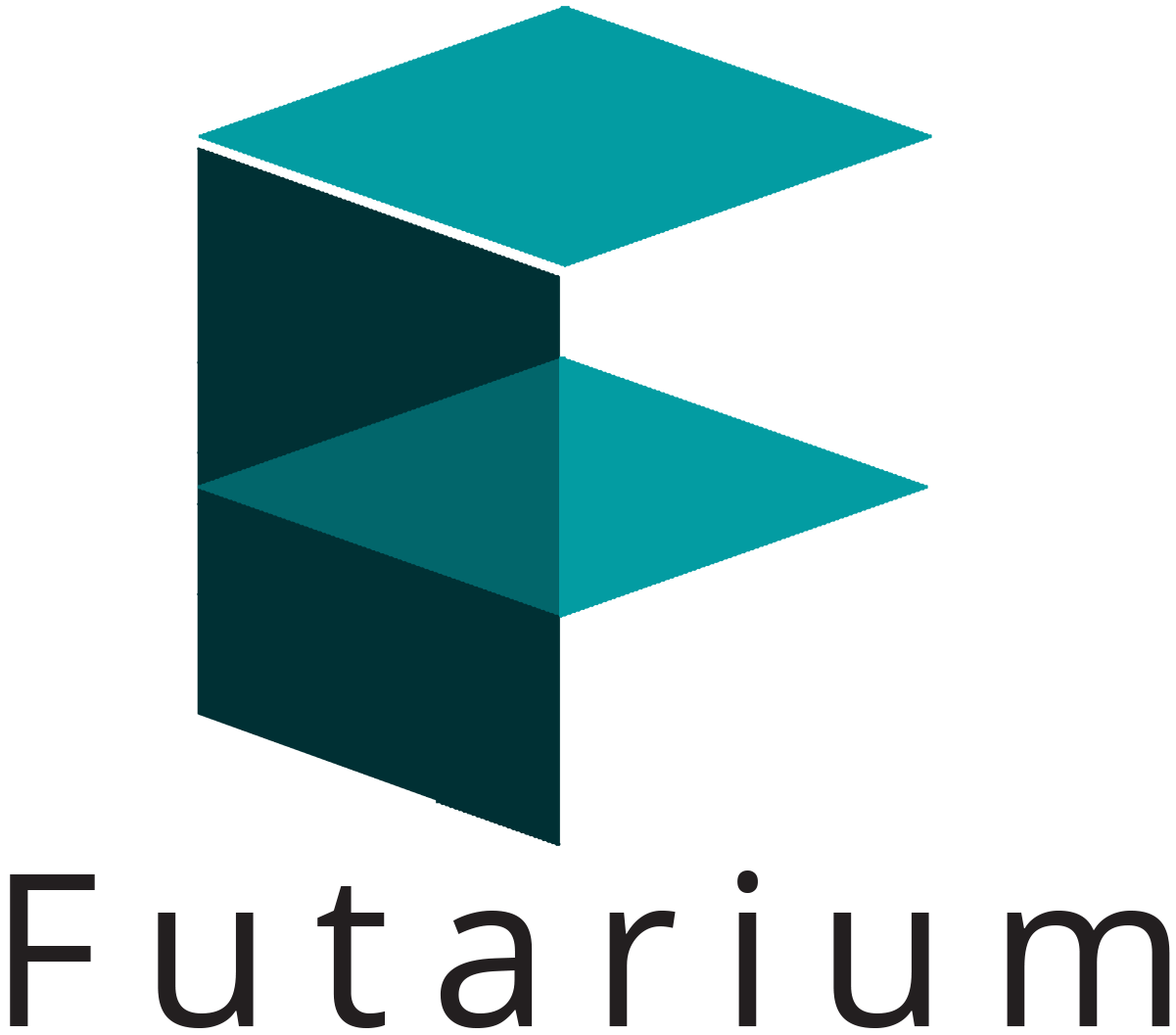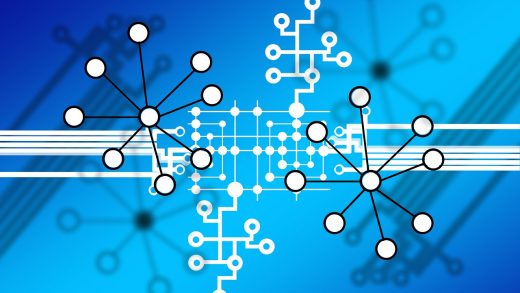It is possible to use blockchain technology to create a decentralized system for tracking and verifying educational micro credits and lifelong learning records. In such a system, educational institutions, employers, and other organizations could issue micro credits to individuals to recognize their learning and achievements, and these micro credits could be recorded on a blockchain.
One advantage of using a blockchain to track educational micro credits is that it allows for a secure and transparent record of an individual’s learning and achievements. This record would be decentralized and not controlled by a single entity, making it more difficult to alter or forge.
Another advantage of using a blockchain to track educational micro credits is that it allows for the creation of a portable and verifiable record of an individual’s learning and achievements. This could be useful for individuals who are looking to further their education or career, as it would provide a clear and reliable record of their learning and skills that could be easily accessed and validated by potential employers or educational institutions.
Overall, using a blockchain to track educational micro credits and lifelong learning records has the potential to create a more secure and transparent system for recognizing and rewarding learning and achievements, and could potentially help to democratize access to education and career opportunities.




